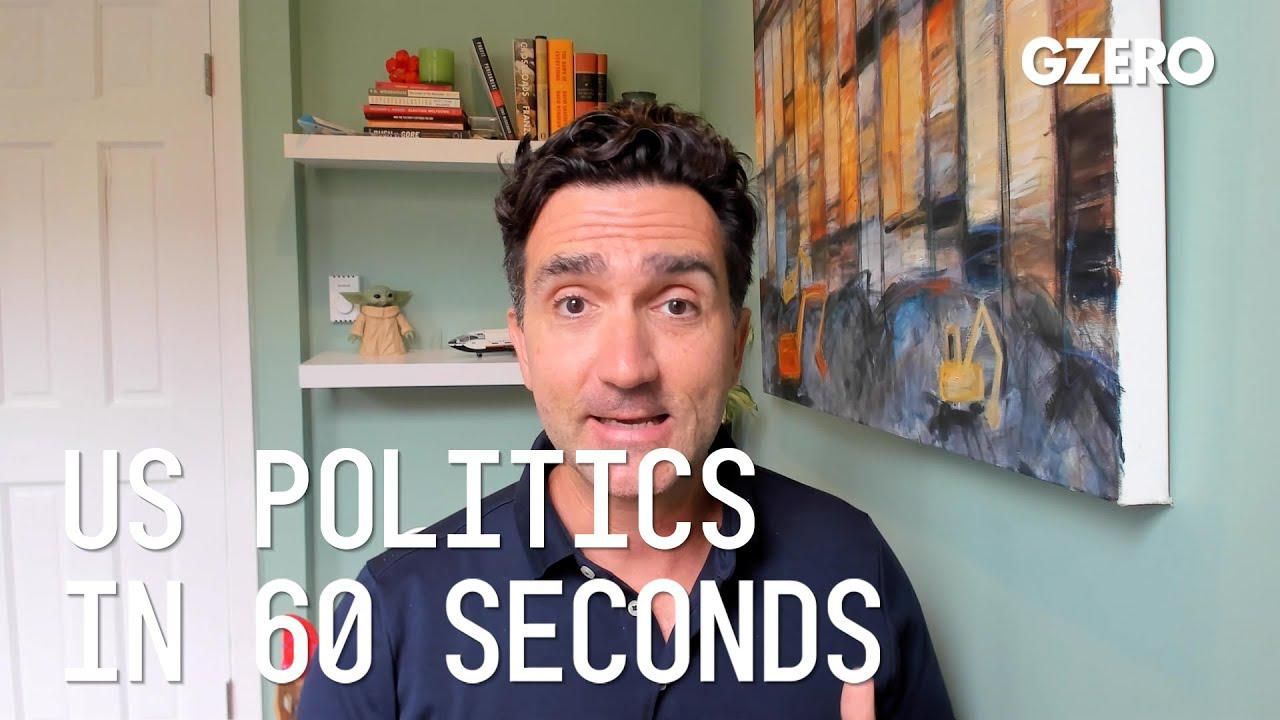
Jon Lieber, head of Eurasia Group's coverage of political and policy developments in Washington, shares his perspective on US politics:
How are the rules on gun ownership changing in the US?
This has been the most consequential week for regulations on gun ownership in the US for many years. In response to two recent high-profile mass shootings in New York and Texas, the Senate this week passed a bipartisan bill that restricts access to gun ownership by preventing people convicted of domestic abuse against a romantic partner from purchasing a firearm. And also increases funding for mental health, school security and incentivizes states to adopt laws that prevent people who are in mental distress from purchasing a gun.
At the same time, the Supreme Court struck down a rule in New York State that requires an applicant to demonstrate a "proper cause" before they will issue a concealed carry permit. The Supreme Court's decision, the first on gun rights in over a decade, has the potential to lead to the overturning of similar laws in other states, expanding the ability for individuals to carry firearms outside their home. Though several justices noted that this decision does not overturn other licensing requirements, such as background checks or firearms training.
The courts were reshaped by President Trump who appointed over 200 judges at the circuit and district court level and put three conservative justices on the Supreme Court who have signaled they are ready to overturn decades of precedent in gun laws, abortion, and business regulation. So, once the House passes this gun bill it will be harder for certain people to purchase guns and this is likely to reduce crime and save lives, but thanks to the Supreme Court, it will be easier for other people in some states to own and carry firearms in public.
The effects on public safety from these two measures are unclear. As Justice Alito pointed out, crimes are frequently committed by people who own guns unlawfully. But politicians in states with large densely packed cities worry that limiting their ability to regulate gun ownership will make it harder to stop gun crimes. There's little evidence to support these claims and in fact, the evidence on the effects of concealed carry permits in crime in either direction is mixed the best. And in the absence of stronger evidence linking these permits to higher crime, the court's rightward turn towards liberalizing gun laws is likely to increase access to gun ownership.